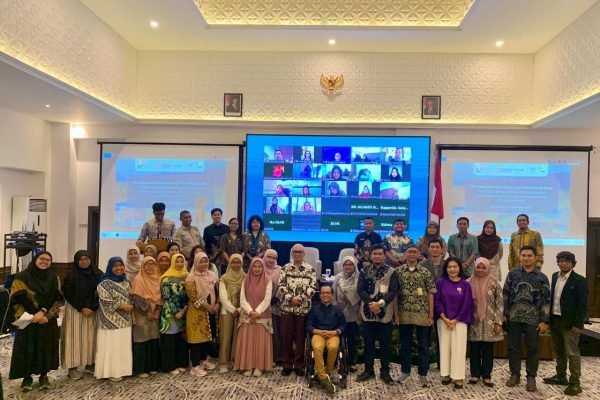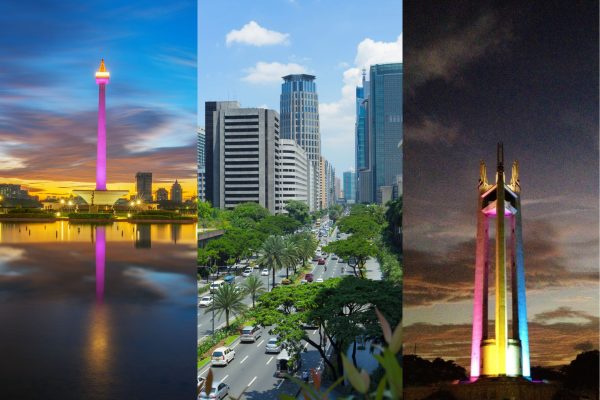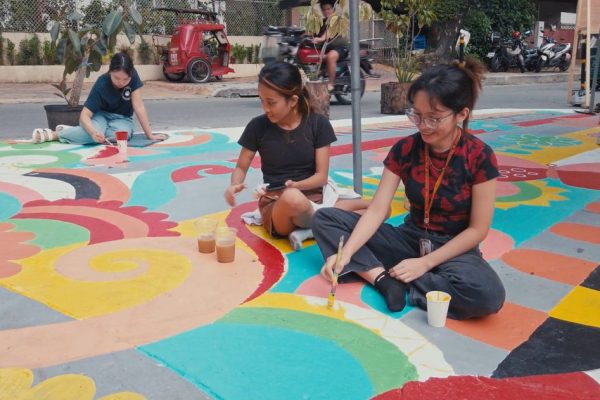This article first appeared on the Manila Bulletin.
Outgoing Quezon City Mayor Herbert M. Bautista stressed that the city’s ties with other Asian countries are key factors that made the locality maintain its status as a green city.
To recall, Bautista warmly welcomed Osaka City Vice Mayor Seigo Tanaka and his delegation and discussed how Quezon City can establish further guidelines to attain low carbon growth.
Bautista said Osaka City has the best practices in terms of low carbon development and climate change mitigation that Quezon City can adapt to.
Low carbon growth involves using “green technologies” to lessen greenhouse gas emissions that cause climate change.
“A low carbon city avoids the use of fossil fuels. Instead, we look for an alternative and renewable source of energy such as the sun,” Environment Protection and Waste Management Department (QC-EPWMD) head Frederika Rentoy explained.
One of the projects discussed in the policy dialogue is the plan to build a solar farm at the previous landfill in Payatas.
Initial studies showed the proposed solar farm has the capacity to produce up to 3.4 megawatts of electricity that may be sold to power distributors.
Other low carbon initiatives brought up in the meeting included the possible technologies on the reducing emission of city’s garbage trucks, private industries that can reduce energy consumption, and wastewater treatment facilities that can be used toward a low carbon city.
Rentoy noted that QC proves that it can protect the environment while attaining economic growth.
“If we have a clean environment, we can encourage investments and investors that would mean employment to people and would increase revenue for the city,” Rentoy said.
The policy dialogue is part of the Memorandum of Understanding forged by Bautista and Osaka City Mayor Hirofumi Yoshimura last August 2018.
Quezon City has initiated various programs for climate change mitigation such as the creation of the Local Climate Change Action Plan.
Under the term of Bautista, the city government has started to promote green transport by purchasing electronic tricycles and electronic jeepneys that reduce GHG emissions.
Bautista noted the city will soon build its own waste-to-energy plant, as part of its green waste management program.
Quezon City is part of an international network of cities, such as the International Council for Local Environmental Initiatives Southeast Asia, and C40 cities that are committed to taking action against climate change towards a sustainable future.



